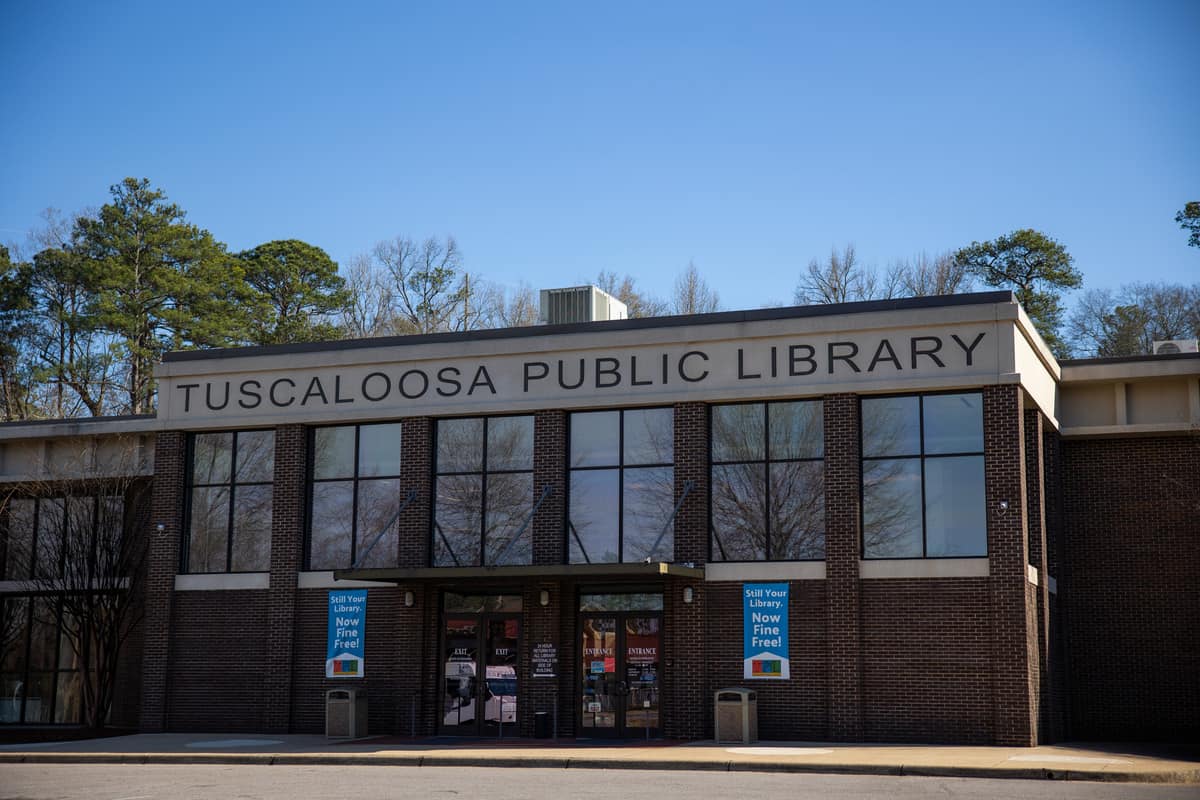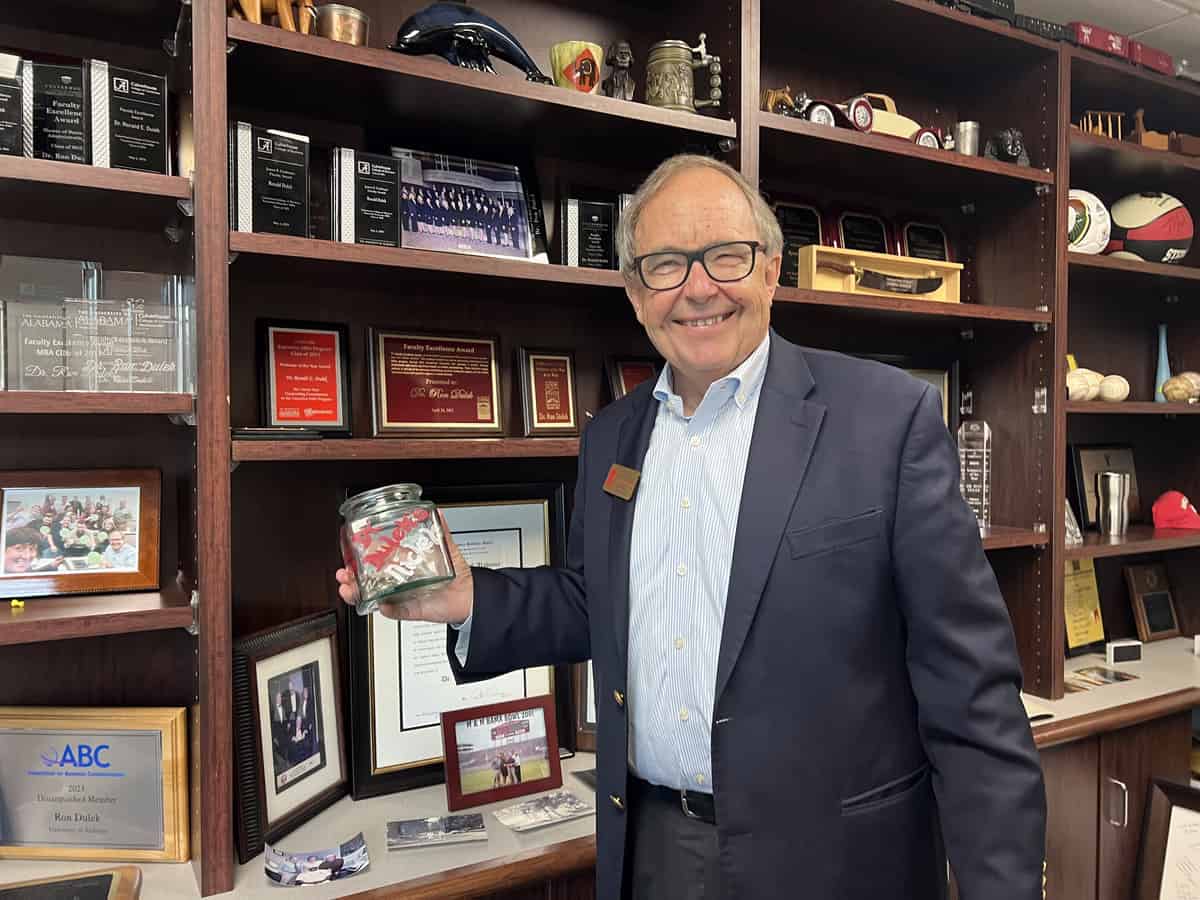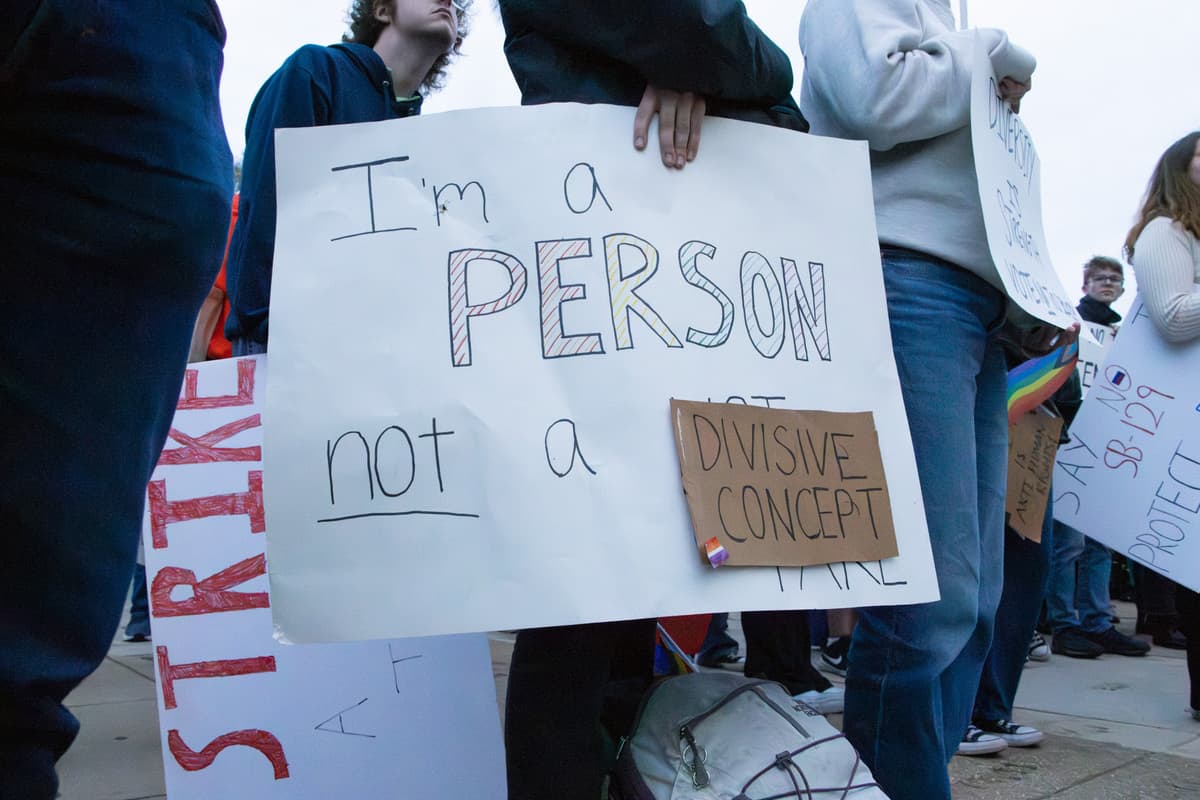While the immigration debate in America has been refocused on the executive action proposed by President Barack Obama that would allow up to 5 million undocumented people to stay in the United States without fear of deportation, I have been thinking of a different number: 1663. That year saw the passage of the second so called “Navigation Acts” in England which would plant the seeds of the American revolution over 100 years later and the creation of a new charter for the establishment of the colony of Carolina by King Charles I.
At the same time, Robert Hooke was hard at work in his laboratory, laying the groundwork for his soon to come discovery of cells. On the European mainland, wars of religions had left people on edge. This feeling was pronounced in the Low Countries where political strife and international conflict was the status quo. Flanders was a usual target for the growth of various empires, especially France who believed it to be part of their greater dominion. It was during this period of great confusion and change that a man made a fateful decision.
Sitting on the deck of the De Bonte Koe, or “Spotted Cow,” in the spring of 1663, Pierre Parmentier must have had no real idea of the new life he was about to start. I imagine him looking at his wife and young son as the spray of the Atlantic tops the hull of the hearty Dutch ship. They were refugees fleeing the old world that they knew exclusively for a vague place of opportunity and promise. As French Huguenots, the Parmentier’s had little prospect in a Europe filled with old hatred, so they went to New York and settled in what would become Brooklyn.
Fast-forward 299 years to 1962. Roger Palmatier is a 22-year-old Navy personnel man standing on the deck of the USS Brough, the spray of the Atlantic splashing up, wetting his peacoat. My grandfather is staring at the coast of Cuba with little idea how much that island would impact his life. After his service in the Cuban Missile Crisis, Grandpa settled in Miami and married a local girl. He worked multiple jobs as a car valet at area dog tracks and went to community college at night in order to provide for his young family. He worked with young Cubans who had fled from the brutal Castro regime. Most had to leave family behind, some would never see them again.
After years of hard physical work, Grandpa broke out in the agriculture industry and became a successful corrugated box salesman, servicing large farms with the materials necessary to get their crops to market. Every day he would observe the mostly Latino workforce at the packing plants and soon came to see how hard they worked, doing jobs most Americans would never consider. They came to America to work hard and to help provide for their families, Grandpa realized.
In that sense, the 11 million undocumented people in the United States are little different from Pierre Parmentier, Roger Palmatier or the young Cuban valets at the Hialeah dog track in 1966. And together they have all made up the American story and continue to shape it as new generations of human beings clamber to gain a glimpse at the dream we all hold so dear.
Rich Robinson is a senior studying telecommunication and film. His column runs weekly.






